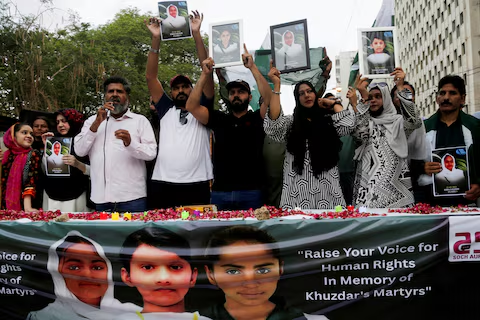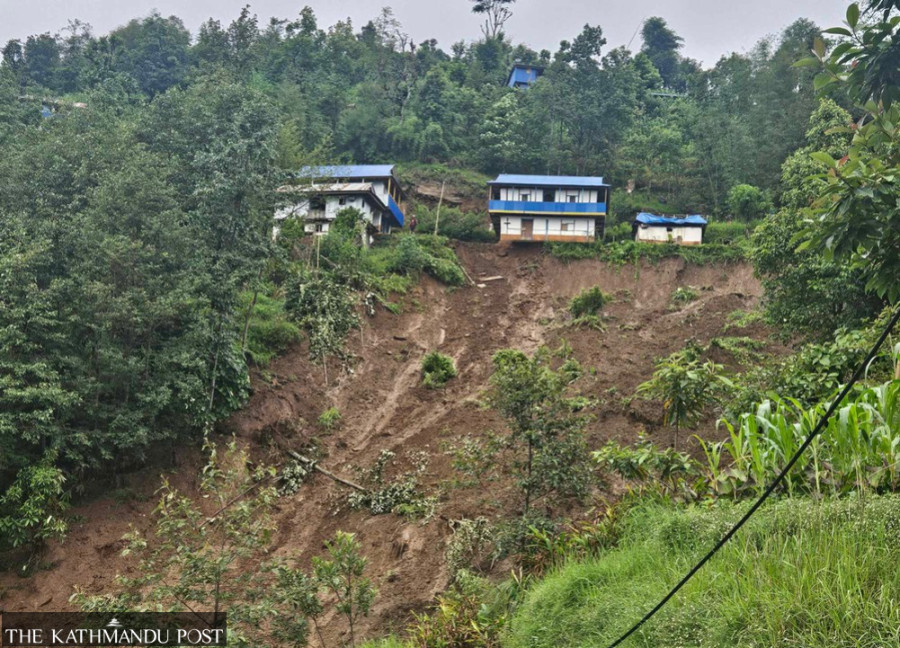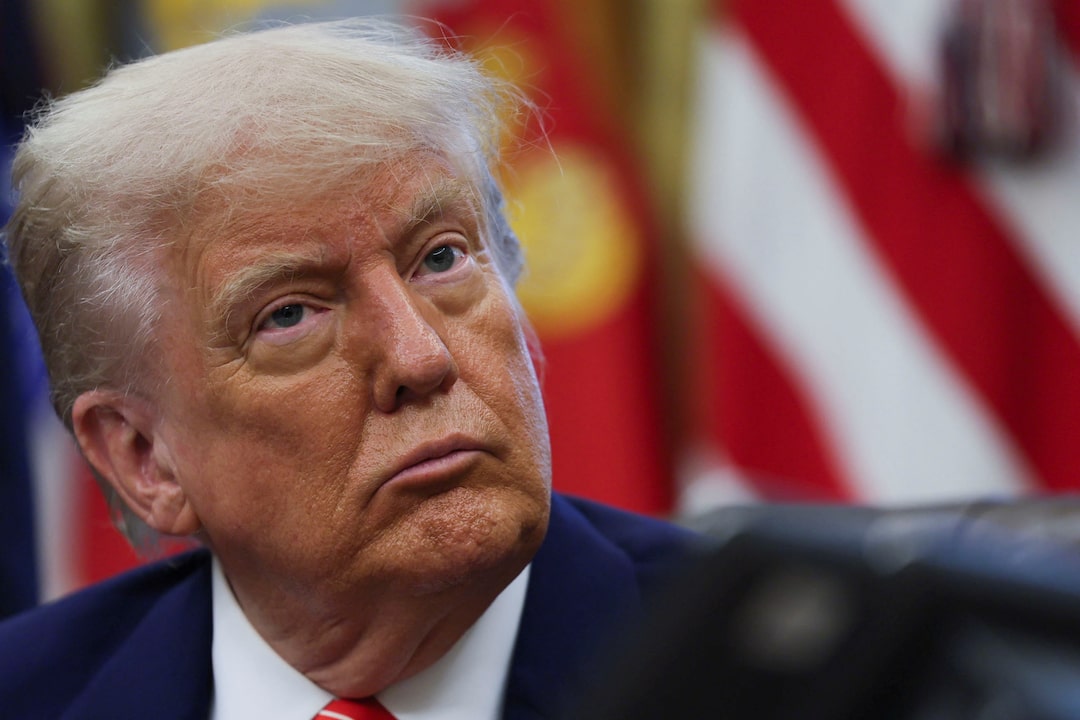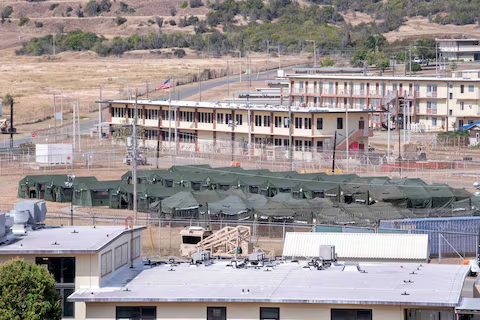A devastating roadside blast in Pakistan’s restive Balochistan province killed four children and wounded several others on Tuesday, according to government officials. The explosion targeted a school bus transporting children in the Khuzdar district, deepening fears over deteriorating security in the region.
The bus was struck by an improvised explosive device (IED) planted along a rural road, authorities said. No group has claimed responsibility for the attack so far, but suspicion has immediately fallen on Baloch separatist militants, who have waged a low-intensity insurgency for decades.
According to Balochistan government spokesperson Shahid Rind, the children killed were all under the age of 10. “This was a barbaric and cowardly attack on innocent schoolchildren,” Rind said in a statement, adding that an investigation is underway and that security forces are sweeping the area for suspects.
The injured were rushed to a nearby hospital, where several remain in critical condition. The government has pledged to cover all medical expenses and provide support to the victims’ families. Officials confirmed that the bus was not under any specific threat and had been following its normal school route when the blast occurred.
The attack has provoked widespread outrage across the country. Prime Minister Shehbaz Sharif condemned the bombing in the strongest terms, calling it an “inhuman act of terror” and vowing that the perpetrators would be brought to justice. “Those who target our children have no place in any civilized society. We will not rest until those behind this heinous crime are punished,” Sharif said.
Interior Minister Mohsin Naqvi also expressed his condolences and ordered a comprehensive security review for public transport and school routes in Balochistan. “We must take all necessary steps to protect our future generations,” he stated, urging provincial authorities to tighten security protocols immediately.
Balochistan, Pakistan’s largest and least developed province, has long been a flashpoint for violence involving ethnic Baloch insurgents, Islamist militants, and criminal groups. Although the separatist insurgency has mostly targeted military and government installations, attacks on civilians — particularly ethnic settlers and students — have occurred periodically.
In recent months, attacks have intensified despite counterinsurgency operations by Pakistani security forces. Experts believe the insurgents are seeking to draw greater international attention to their demands for autonomy and control over the province’s natural resources.
Human rights organizations also condemned Tuesday’s attack, highlighting the growing risk to civilians amid the escalating conflict. Amnesty International’s South Asia division issued a statement urging the Pakistani government to ensure the protection of children and educational institutions in conflict zones. “Schools must be safe spaces. Targeting children is a war crime under international law,” the organization said.
The provincial government has declared a day of mourning, with schools and businesses closed in Khuzdar in solidarity with the victims. Flags were flown at half-mast, and funeral prayers for the slain children drew large crowds.
The tragedy has prompted renewed calls for a comprehensive peace process in Balochistan. Political leaders, civil society actors, and tribal elders have urged both the government and militant groups to engage in dialogue and end the cycle of violence.
However, many residents remain skeptical. “We have seen so many promises, but nothing changes,” said one Khuzdar resident. “Now even our children are not safe.”
As grieving families bury their young loved ones, the nation grapples with the horrifying reminder that innocent lives continue to be caught in the crossfire of a protracted and complex conflict.
Source: Reuters



